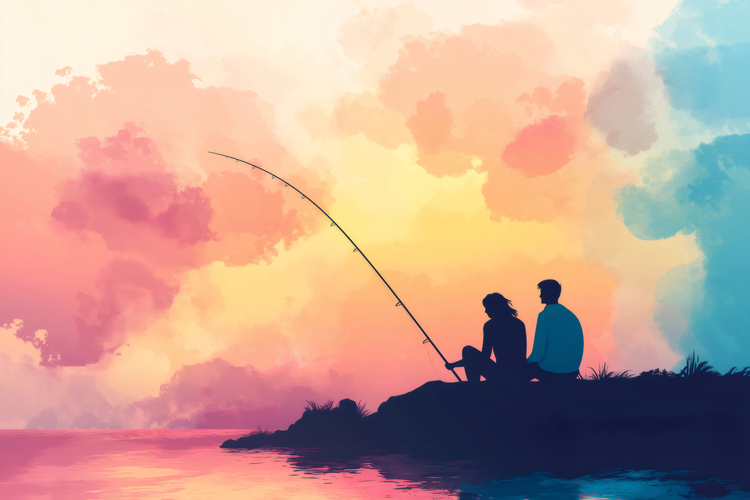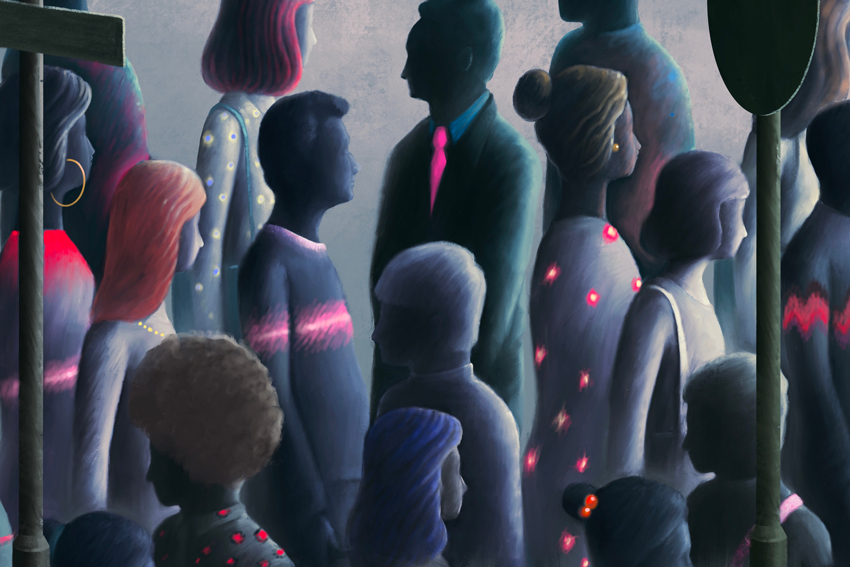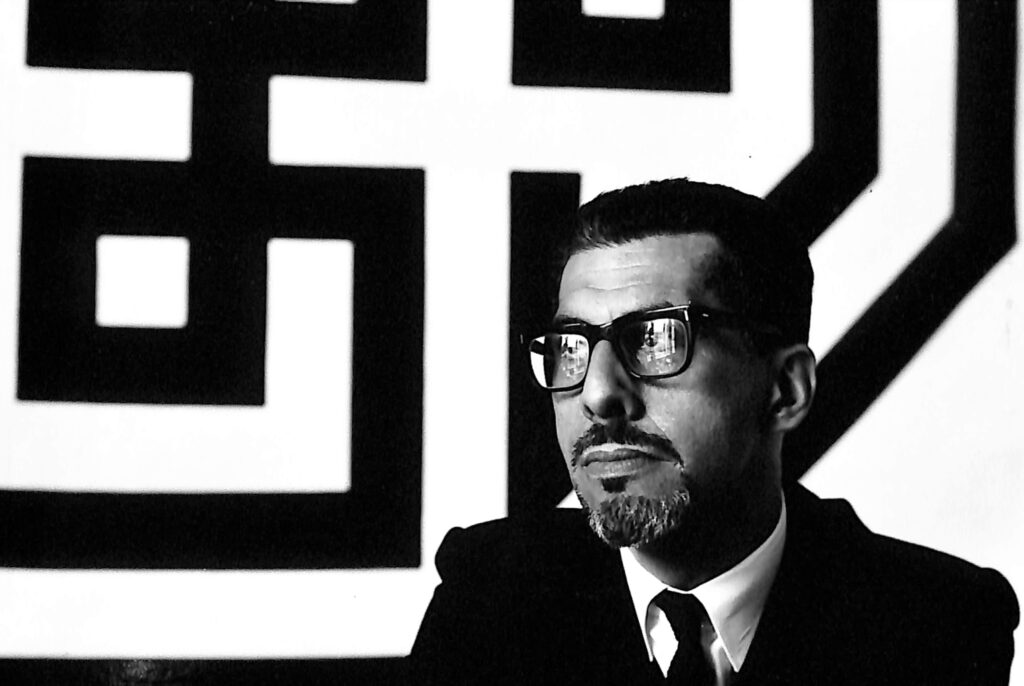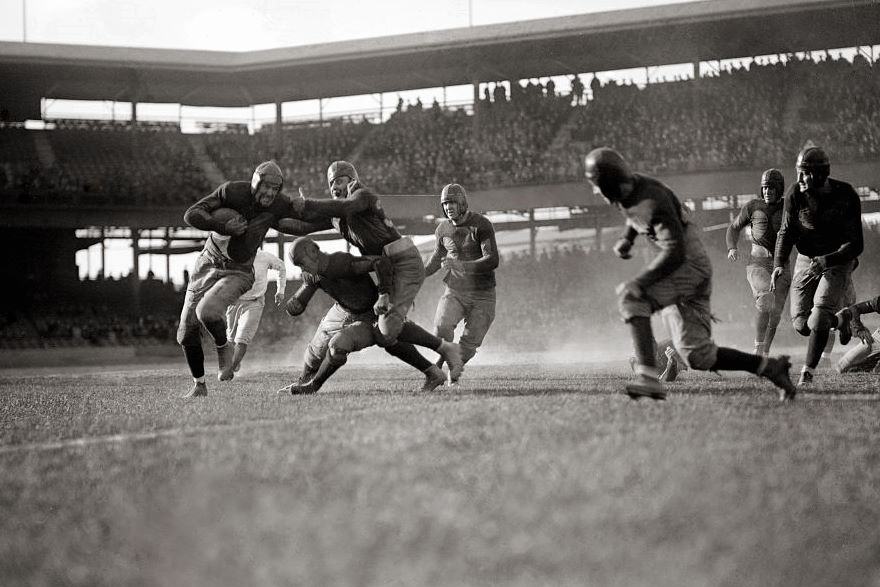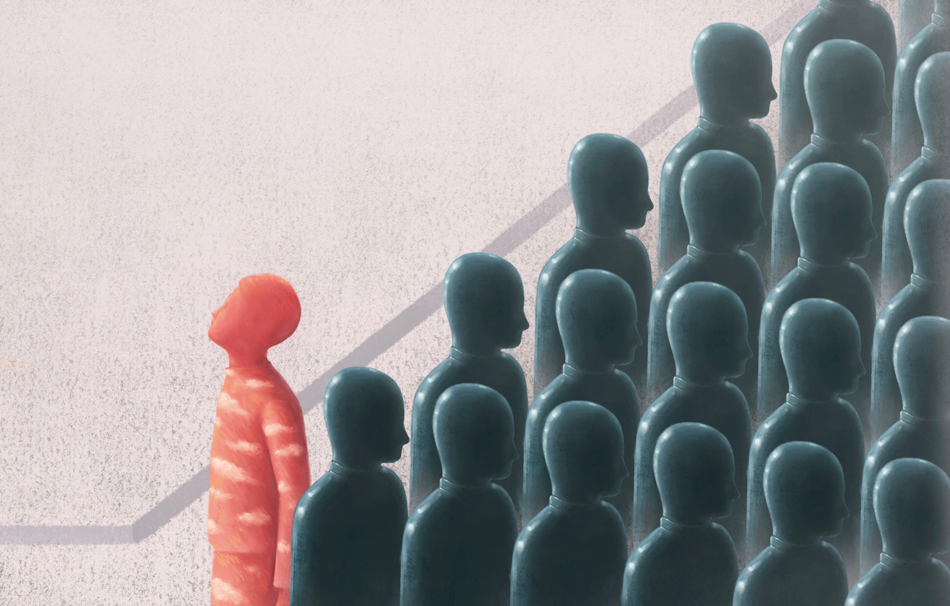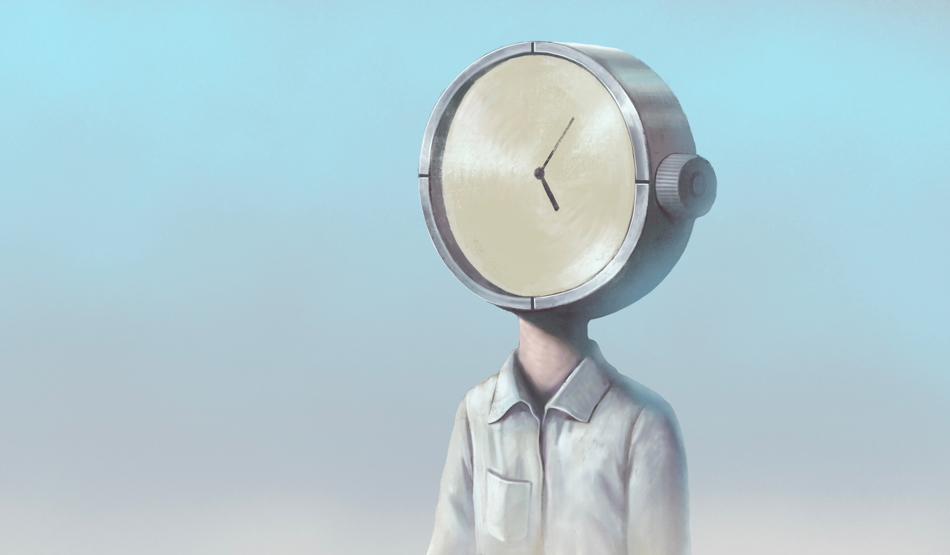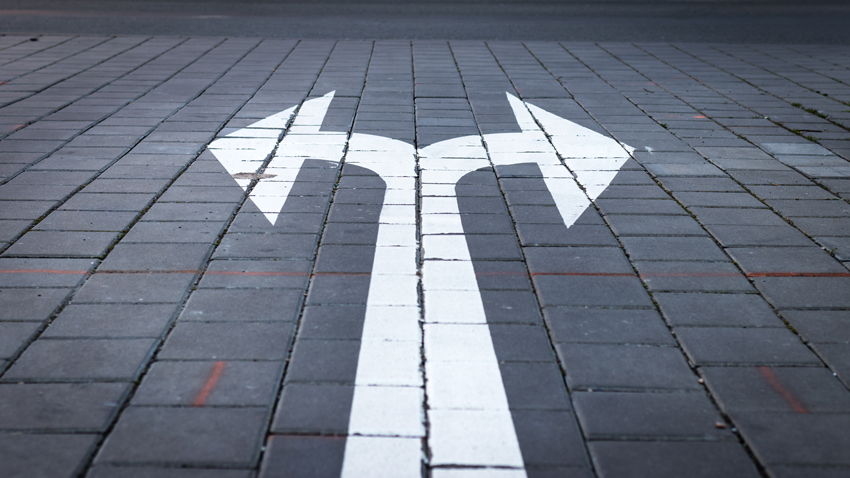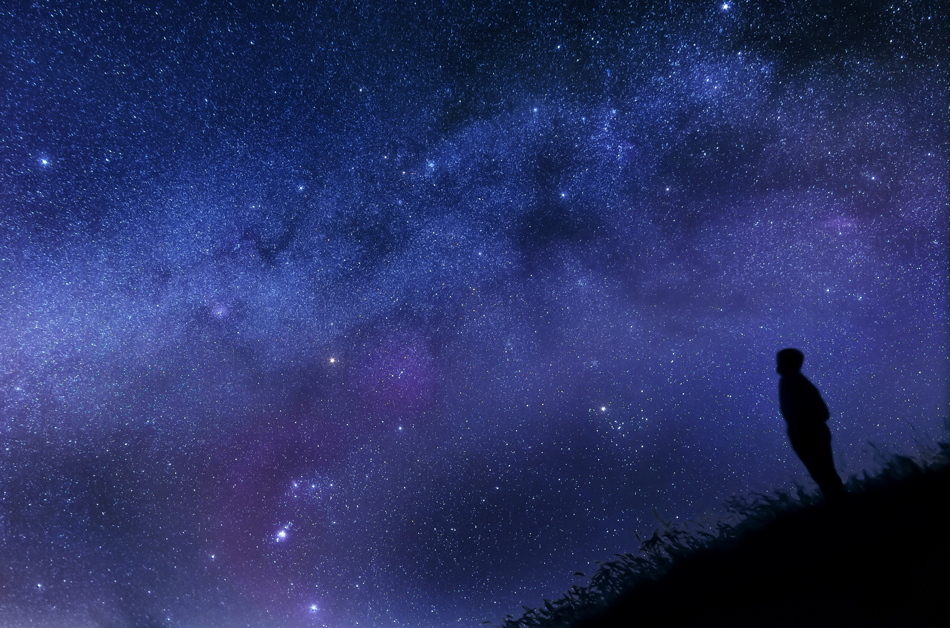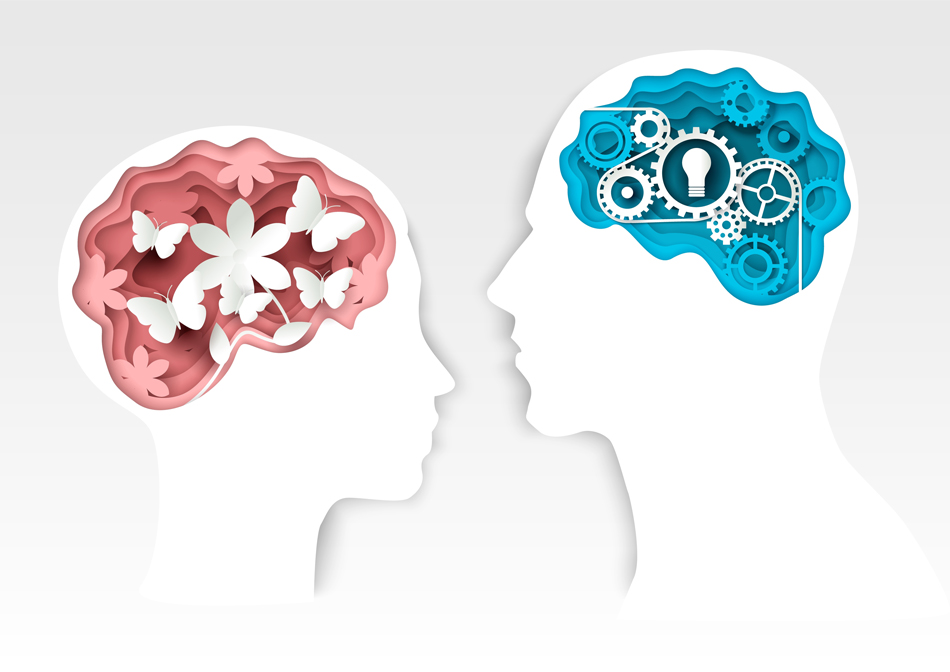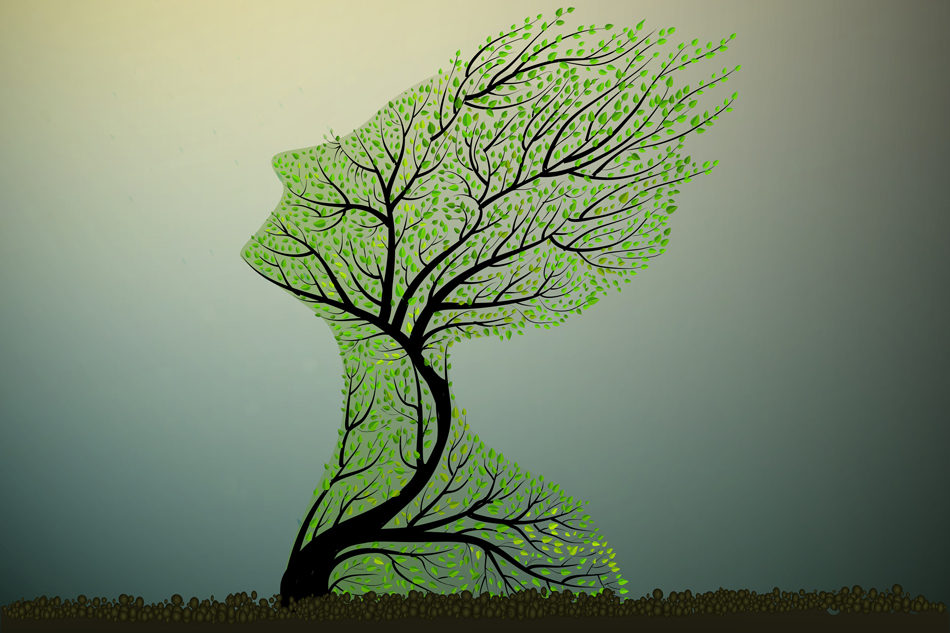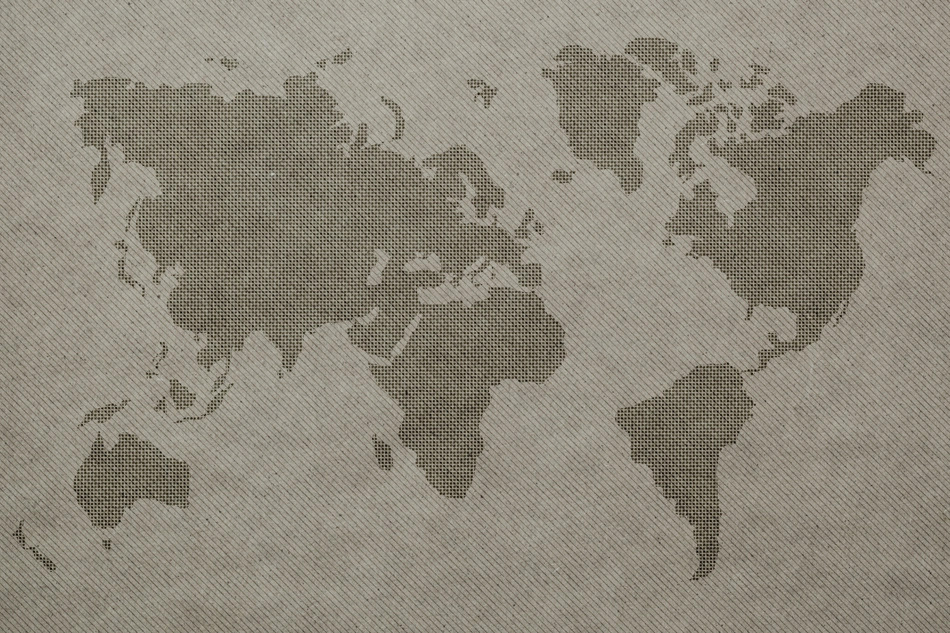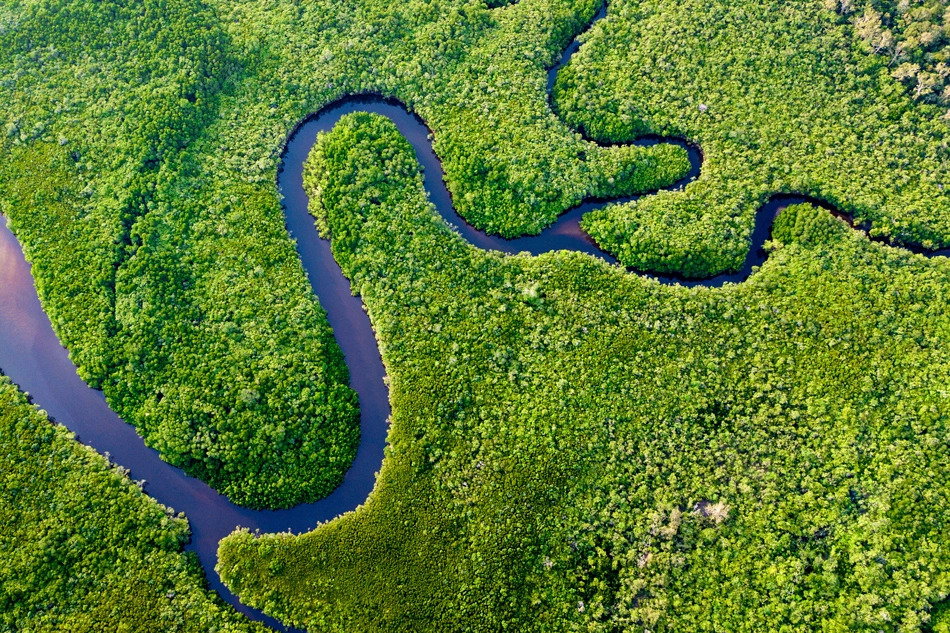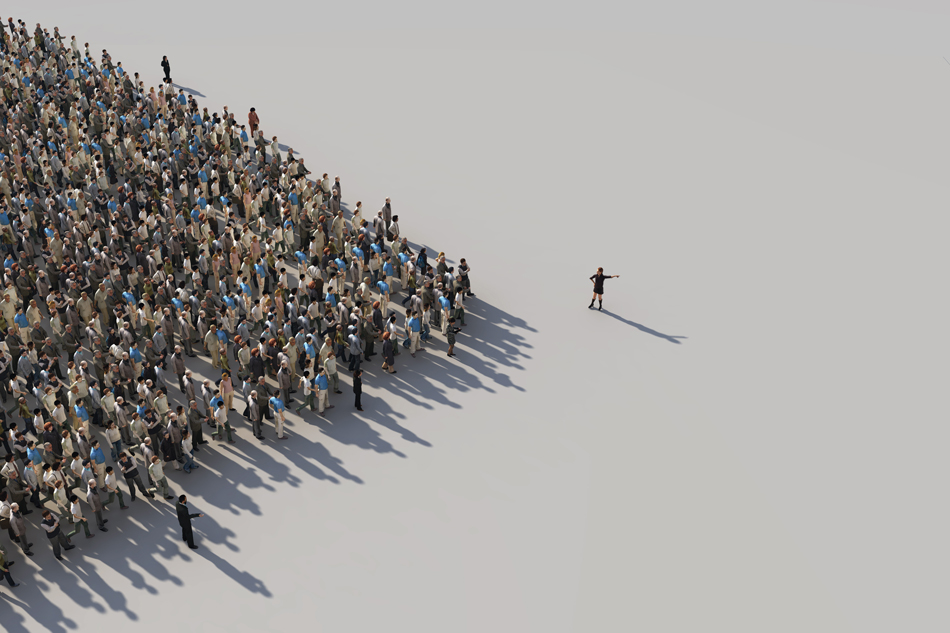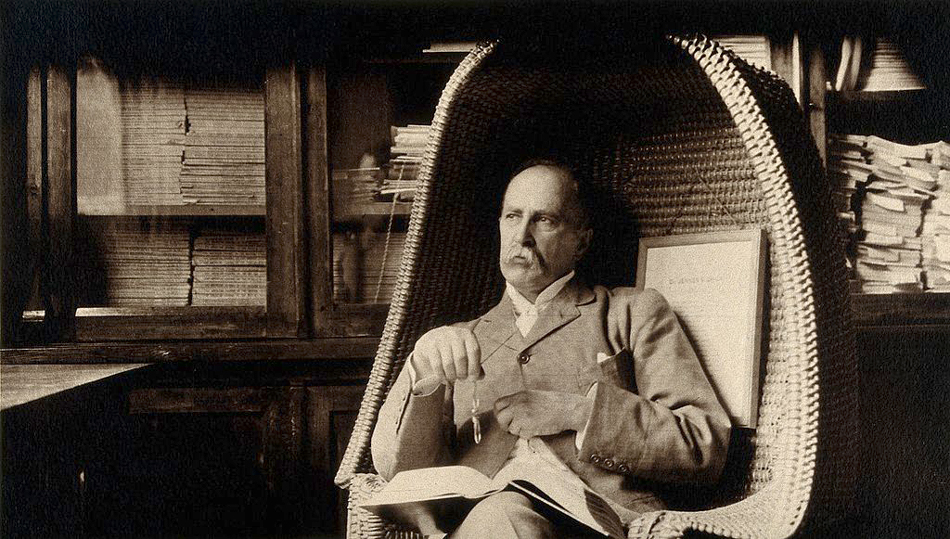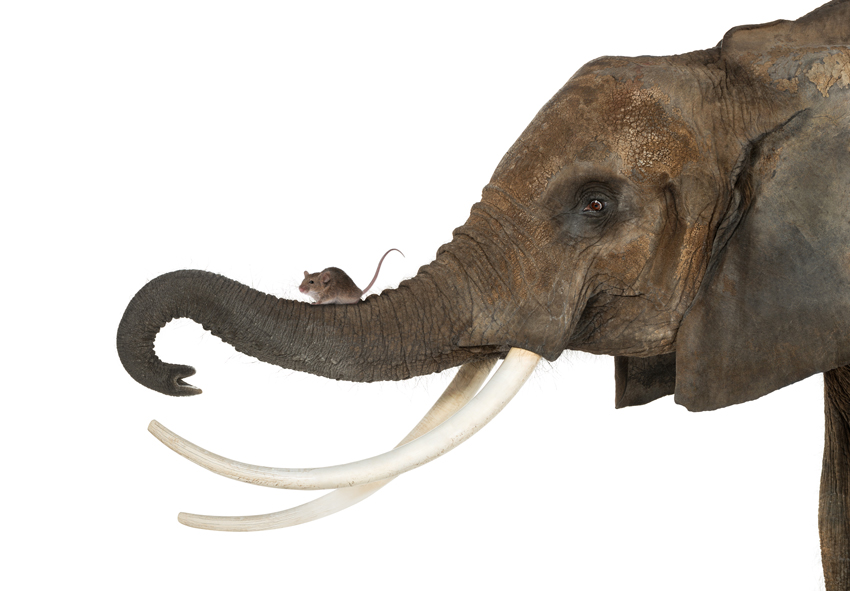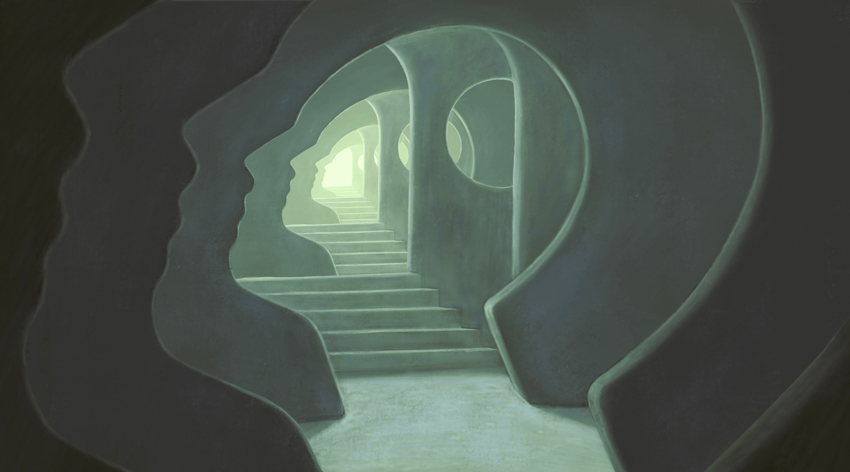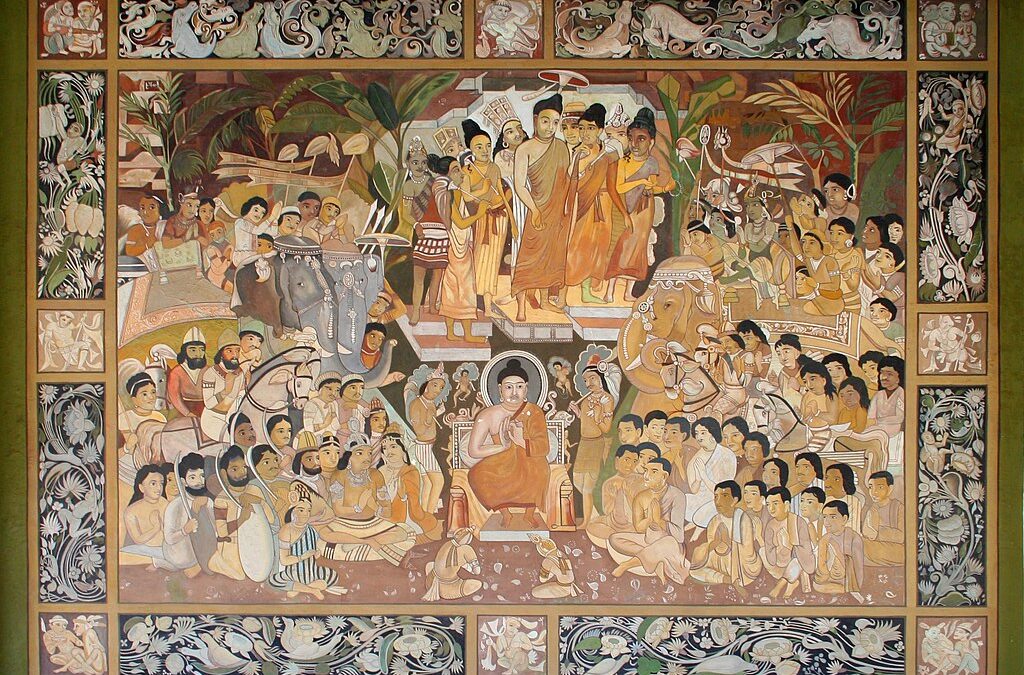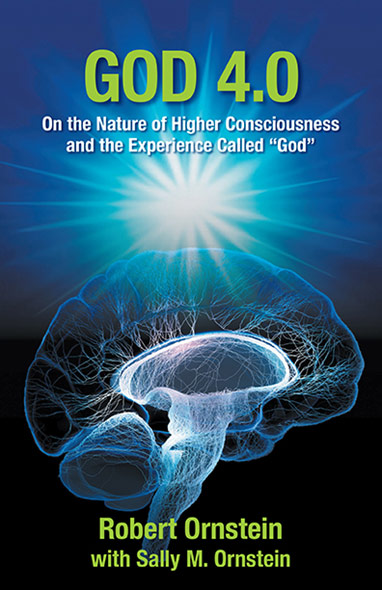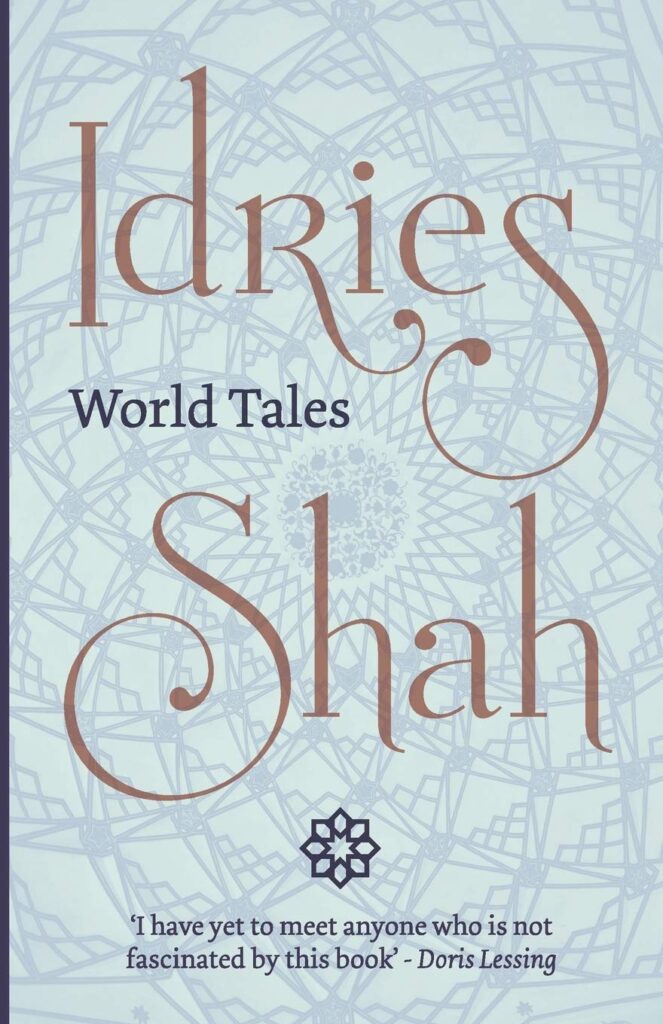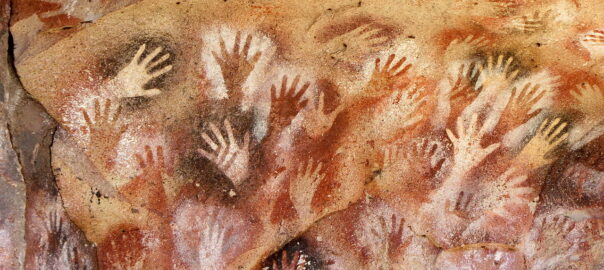
The Human Journey Blog
The Human Journey blog highlights the many aspects of human nature that impact our lives and cultures today, often without us realizing it.
Our Subpersonalities and Many-Sided Selves
Read moreThe idea of multiple personalities is often associated with extreme clinical conditions, but as John Zada writes, we are all affected by a smaller version of this phenomenon which pays high dividends to understand.
An Old Story About Metaphysics
Read moreTraditional stories and folklore, through the dynamic movement of its characters and narrative, and by way of its various devices, can convey implicit meaning and help give us insight into the metaphysical nature of the world.
The Conditioning Machines in Our Back Pockets
Read moreOur culture is becoming inured to the negatives of too much screen time. However, as John Zada writes, one heinous impact of smart phone use—the potential manipulation of our beliefs—remains both sorely underappreciated and poorly understood.
Out on a Limb: The Danger of our Innate Shortsightedness
Read moreWe evolved to pay less attention to the slow moving dangers that threaten our world. Luckily there are ways to overcome this handicap and be more in tune with the bigger picture.
Edward T. Hall: Culture Below the Radar
Read moreThe late cultural anthropologist Edward T. Hall argued that some of the most important aspects of culture were those that were invisible to its holders, lying below conscious awareness.
The Half Brain Method
Read moreThe left-hemisphere of our brain does the lion's share of the work when we think analytically. But as Hafeez Diwan tells us, those "Aha! moments" can only come when we give the left brain and its analyses a rest.
'He Who Tastes Knows': Contemporary Sufi Studies and the work of Idries Shah
Read moreAfghan author Idries Shah collected traditional Eastern anecdotes and Teaching Stories and transmitted them in book form to the West. As Steven Nightingale tells us, his work encapsulates centuries of Sufi thought aimed at developing our latent capacities.
"They Saw a Game"
Read morePeople with differing perspectives often consider their own takes to be the objectively correct ones. But as David Sobel explains, our biases filter-in and out the details of the realities we champion.
A Funny Thing Happened on the Way to Enlightenment
Read moreHumor and laughter can confer all sorts of health benefits, but as Andrew Boden writes it can also be a powerful tool that opens up a wide range of perceptual experiences and insights.
Finding the Right Way Home
Read moreFor most of us, designating cult behaviour is a black-or-white proposition. But as John Zada writes, the question is less often: ‘Is this, or isn’t this a cult?’—but more ‘how much cult thinking is present in any group dynamic?’
Time and Self
Read moreOur perception of time is inherently skewed by our self-centered view of life. But as Hugh McGilvery writes, while most of us may never grasp time’s true nature, there are things we can do to gain a less self-centered perspective—and which brings its own benefits.
Escaping the Either/Or Thinking Trap
Read moreCan we move beyond the common human tendency to think in largely dualistic terms? John Zada suggests that the wellbeing of our societies, and even their survival, may in part, depend on it.
Looking Up, Looking Out
Read moreDavid Sobel MD suggests that exploring wider contexts not only alters our perceptions, but also reframes more healthily how we regard ourselves in respect to the bigger picture.
Conditioning and the Gendered Brain
Read moreDenise Winn explores new research poking holes in our cherished understanding of male and female brains—and how we embraced those notions to begin with.
New World, Same Mind?
Read moreDecades after Ornstein and Ehrlich published ‘New World New Mind,’ arguing the need for “conscious evolution,” Andrew Boden asks if there are any indications we are heeding their call.
One Small Word
Read moreSally Mallam writes that adopting a receptive mindset can lead to a continuum of expanding perceptions and understandings.
Meaning: The Enduring Gift to Spirit
Read morePsychotherapist and journalist Denise Winn illustrates the importance of cultivating meaning in our lives: whether as a conduit for survival, well-being, or seeing the bigger picture.
Beyond East and West: Human Nature and World Politics
Read moreDiplomat John Bell reflects on how author Idries Shah has shaped his outlook on East and West—and the fundamental questions of human nature which transcend them.
Forest Smarts: A Part of or Apart From?
Read moreThe best nature stewards, David Sobel, MD, suggests, may be those who see themselves not as intruders and interlopers, but as a crucial part of the ecosystems that they wish to protect.
How to Improve Group Decision-Making
Read moreWhen groups demand excessive conformity they negate some of their greatest assets: dissenting views and a diversity of perspective. John Zada argues that successful group decisions hinge upon ‘cognitive diversity.’
We Know More Than We Think We Do
Read moreOur human story proves we know much more than we think we do, but in a different way. As Sally Mallam argues, we need to reactivate and develop this faculty now.
How Deep Can a Story Go?
Read moreCanadian writer and author Andrew Boden reflects on his understanding of the function and potential of stories, and storytelling.
Lost and Found: An Encounter with the Intuitive Mind
Read moreStanford University’s David S. Sobel, MD, recalls an how an unexpected crisis moment shifted his mental mode from one that was more linear, to more intuitive.
The Devil’s Tuning Fork
Read moreHumanity needs to move beyond its narrow, survivalist impulses that are more relevant to the past, and embrace a new mode of mentation that takes into account the bigger picture.
Welcome to The Human Journey Blog
Read moreIn the late fifties/early sixties my sister and I spent summer holidays in East Africa in what is now Tanzania. My father was a British Colonial Officer in the Tanganyika Forestry Department.


